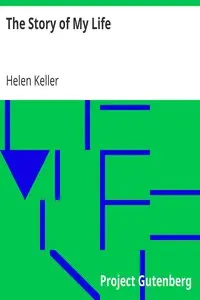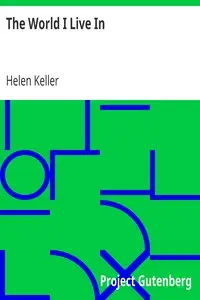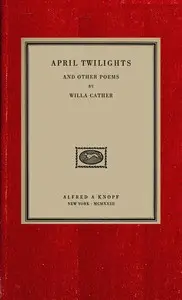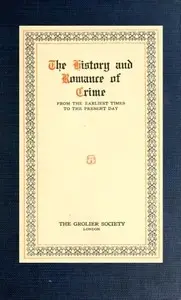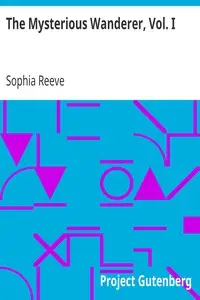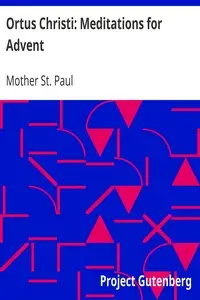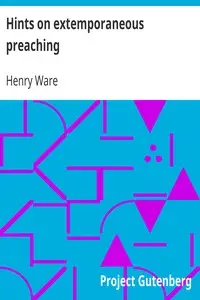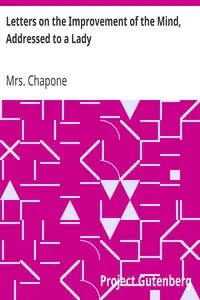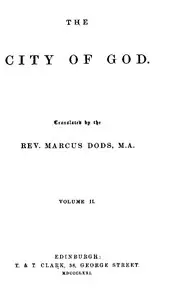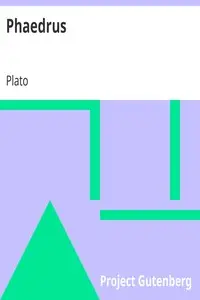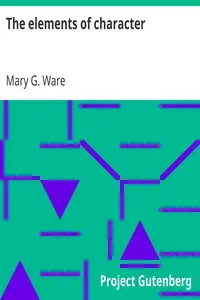"Optimism: An Essay by Helen Keller" is a philosophical essay written in the early 20th century. In this work, Helen Keller, who overcame immense personal challenges as a deaf-blind individual, explores the nature of optimism and its significance in human life. The essay articulates Keller's belief that optimism is essential for happiness and achievement, emphasizing its role in personal development and societal progress. The essay is divided into three parts: "Optimism Within," "Optimism Without," and "The Practice of Optimism." In the first part, Keller reflects on her personal journey from darkness and despair to a life filled with hope and joy, underscoring that true optimism arises from an understanding of both good and evil. The second section extends her insights to the wider world, showing how history, philosophy, and education contribute to a collective optimism that drives humanity forward. In the final part, Keller argues that optimism is not merely a passive belief but should be actively practiced to foster improvement in one's life and the world at large. By intertwining her own experiences with broader philosophical and societal themes, Keller presents a powerful message about the transformative power of positivity. (This is an automatically generated summary.)
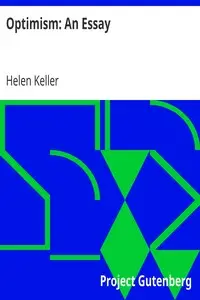
Optimism: An Essay
By Helen Keller
"Optimism: An Essay by Helen Keller" is a philosophical essay written in the early 20th century. In this work, Helen Keller, who overcame immense pers...
Helen Adams Keller was an American author, disability rights advocate, political activist and lecturer. Born in West Tuscumbia, Alabama, she lost her sight and her hearing after a bout of illness when she was 19 months old. She then communicated primarily using home signs until the age of seven, when she met her first teacher and life-long companion Anne Sullivan. Sullivan taught Keller language, including reading and writing. After an education at both specialist and mainstream schools, Keller attended Radcliffe College of Harvard University and became the first deafblind person in the United States to earn a Bachelor of Arts degree.

